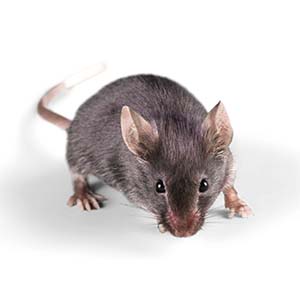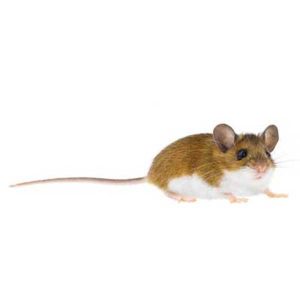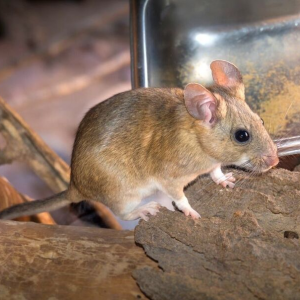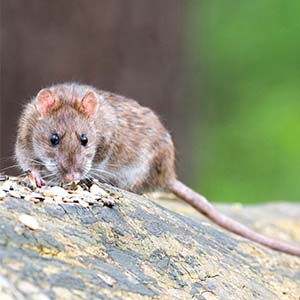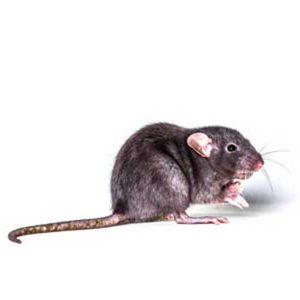Description
House Mice in Spokane, WA and Coeur d'Alene, ID
House mice are an extremely common pest in the United States and even rank as the number one rodent pest in most cities. These rodents are commensal creatures, which means that they depend on human habitats for food and shelter. House mice are year-round pests that primarily search for food at night. They are opportunistic eaters, which means that they consume whatever is easily available to them – though they mainly prefer insects, fruits, nuts, and meat. Whatever food they don’t eat is usually contaminated by their feces and urine. Though house mice may look cute, they can cause serious problems by chewing through homes or transmitting dangerous pathogens.
House Mouse Habitat
In the wild, house mice often construct nests in fields or beneath trees and shrubs. However, these rodents often depend on human structures for food and shelter, so they are frequently found in areas like wall voids, kitchen cabinets, and basements. Signs of an infestation include droppings, gnaw marks, or scratching noises in the walls. House mice are also known for having a distinctive musky odor, which can indicate that there is a nearby nest. Though these rodents are most active at night, they may also be seen during the day looking for food.
House Mouse Behaviors, Threats, or Dangers
House mice rely heavily on human structures for survival, which means that they are a common unwanted houseguest. When indoors, these mice often gnaw through walls and contaminate food sources. Since house mice can transmit serious diseases such as salmonella and the bubonic plague, they can be a dangerous health threat to humans. As mice tunnel through walls, they may also damage electrical wires and spark fires. If you suspect you are facing a house mice infestation, it is important to call a licensed rodent control company right away.
Need help with House Mouse control?
We'll call you! Leave your information below.

